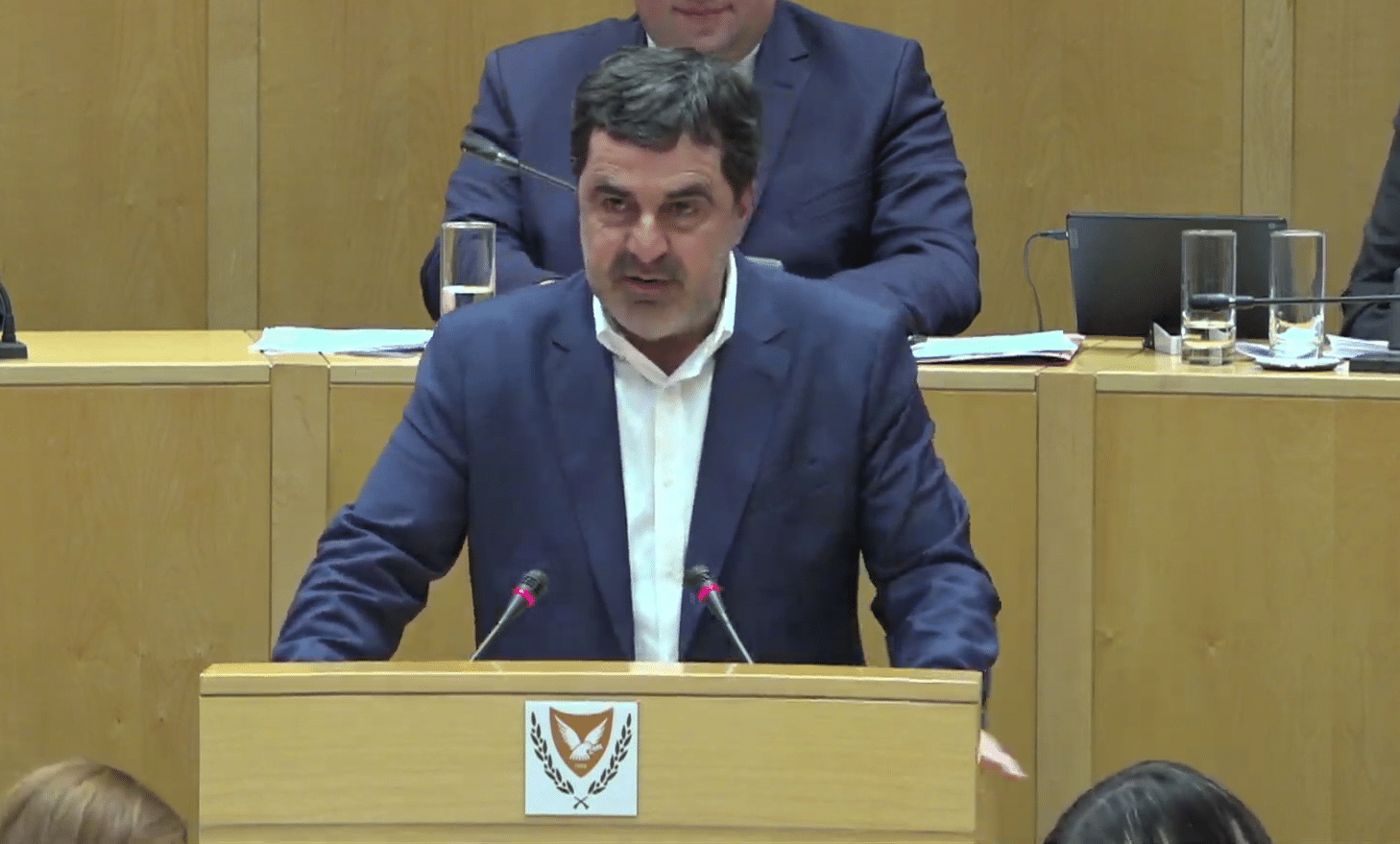The House education committee is pressing ahead with discussions on the new system for evaluating teachers and teaching performance, its chair, Diko MP Pavlos Mylonas, said on Thursday, expressing optimism that MPs will reach a workable outcome.
He said parties and individual MPs are already preparing amendments, several of which are ready.
He noted that MPs are exploring the limits of possible compromises, or as he put it, “understandings rather than concessions”, to resolve concerns raised by unions about ambiguities in the legislation, particularly around overlapping responsibilities within the proposed framework.
He added that the committee plans to clarify these issues during the article-by-article debate, and MPs have agreed to hold an additional extraordinary session if needed to complete the process.
Asked whether he believes the bill will make it to the plenary, Mylonas said he was “almost certain”, unless parliamentary groups unexpectedly shift their positions, which so far they have not.
“The goal of everything we are discussing is to make the system better for teachers, so that they in turn can provide a better education to our children,” he said.
He stressed that the proposal emerging from the committee will not be perfect but will represent a sincere effort to create a system that is as fair, effective and merit-based as possible.
With more than 20,000 educators and over 100,000 students affected, he said, it is only natural that differing views exist, but the goal remains to deliver legislation that works for the education system as a whole.
He emphasised that students’ needs must remain at the centre of the discussion and that ultimately “the interests of the many” must prevail. “I believe that we will be able to reach an agreement,” he said.
The first teacher evaluation system was introduced in Cyprus fifty years ago, with the Republic now bound by the EU to modernise it.
Approximately one year following the initial proposal by the education ministry, state school teachers have exhibited vehement opposition, persistently proffering arguments to the effect that the current scheme should remain unaltered and submitting lists of demands.
A comprehensive summary of the long-standing debate on the new evaluation can be found here.






Click here to change your cookie preferences